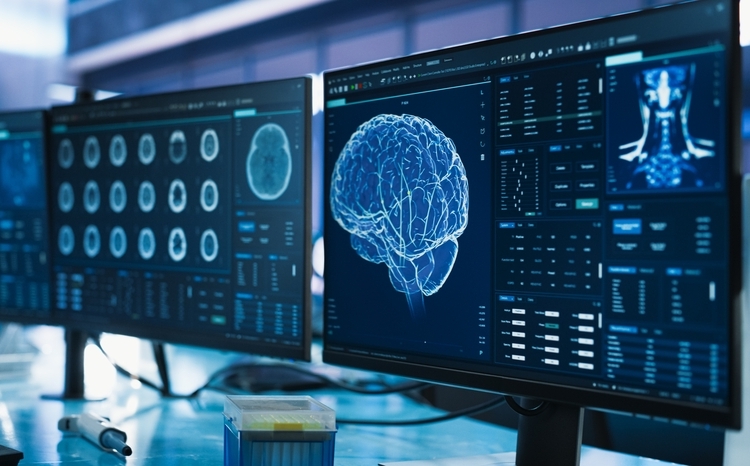‘Nurse bots’ to be developed by 2010
- 22 January 2007
The European Union is funding scientists to develop ‘nurse bots’, mechanised robots designed to perform basic tasks such as mopping up spillages, taking messages and guiding visitors to hospital beds.
It is hoped that in the future teams of bots working together may be used to help ease pressure on hospitals and free staff to spend more time with patients. An initial three nurse bot system will be developed as a prototype by 2010.
In the future more advanced nurse bots could even be used to distribute medicines and even monitor the temperature of patients remotely with laser thermometers or thermal cameras.
The EU ‘IWARD’ project imagines that in the future the intelligent robots will work in teams and be able to communicate with each other. Scientists from the universities of Warwick, Cardiff, Dublin and Newcastle are among the engineers and software experts taking part.
Nurse bots could potentially work alongside robo-surgeons, already in use at a small number of hospitals intenationally.
Dr Robert Bicker, senior lecturer at Newcastle University’s told local paper ‘The Journal’: "These robots would communicate with each other in what’s called a swarm. They would have their own intelligence and, in theory, be able to optimise what they’re all doing.
He said potential uses for the bots would be to clean wards, transport samples and specimens or even move patients around a hospital: "If the robot can sense where it is and how to get to the X-ray department, and has the capacity to push a patient in a wheelchair, that could be another role.
Dr Picker said there was also scope for bots to perform some nursing duties "If the robot had a thermal imaging camera it could observe the patient to see if they are too hot or cold, maybe during the night when there’s only limited nursing staff available and most patients are asleep."
Project leader Thomas Schlegel, from the Fraunhofer Institute in Germany, told The Engineer magazine: "The idea is not only to have mobile robots but also a full system of integrated information terminals and guide lights, so the hospital is full of interaction and intelligence.
"Operating as a completely decentralised network means that the robots can co-ordinate things between themselves, such as deciding which one would be best-equipped to deal with a spillage or to transport medicine."
Each ‘nurse bot’ will consist of a mobile platform mounted with a module of sensors and equipment for different tasks. While the hardware and modules can employ off-the-shelf technology, making the robots sufficiently intelligent and autonomous will be the greatest challenge.
Another suggested use of the nurse bots would be to guide people around the hospital. It is envisaged that the robots will be fitted with sensors and cameras, allowing them to avoid collisions while travelling through wards and corridors. High-speed lanes could allow them to move from place to place quickly.




